My eyes glaze over when I read articles on sales ethics.
There is a huge volume of content out there on the topic, and there are almost a limitless number of prescriptions on how salespeople can adopt a better moral code — every writer has their own take on the subject.
I find that the advice given tends to present a nirvana perspective on how sales should comply with norms promulgated by academics and experts alike.
These type of instructions are common:
- deal with customers honestly
- never provide customers with information on your competitors
- sell customers on what they need; never pressure them
- never under-promise with the intention to over-deliver
- treat customers so they will give repeat business
- don’t badmouth competitors as a way of making a sale
- don’t make promises you can’t keep
- don’t accept gifts if the giver is wanting favourable treatment
and on and on and on it goes…
By the time I read through all of the suggestions I’m exhausted and I can’t remember much.
It’s like drinking water through a fire hose.
Not all sales ethics are equal; to be meaningful, they require a filter to distil the elements down to a critical and relevant few to the organization.
Sales ethics should not be considered on its own without context, otherwise what you end up with is a random grocery list of elements deemed appropriate by the sales profession without regard for the specific needs of the organization.
Ethics should be looked at as a means to an end, not the end itself.
For example, it might make your ethics list more robust to contain a statement regarding the treatment of suppliers in a manner that encourages loyalty, but if it bears no relationship to the critical objectives the organization is trying to achieve overall, then the statement will either attract no attention by the sales organization or it will create dysfunction if it is practised as a priority.
The appropriate sales ethics for any organization should be determined by its strategic game plan; the strategy the organization has chosen to grow in the competitive markets it serves.
The strategic context of the organization determines the mix and priority of the ethics chosen, not what the sales pundits say are important.
If, for example, the organization has developing intimate customer relationships as its strategic lynchpin, both the sales strategy and sales ethics should be architected from this goal.
The following is an abbreviation of the code of ethics we created for our sales team; our strategic game plan was based on increasing revenue through integrated data and internet solutions.
- We will invest our time in developing a deep understanding of our clients’ business
- We will take whatever action is necessary to be the trusted advisor to our client
- We will leverage our client knowledge to define solutions for them that integrate both data and internet technologies; we will not focus on single product applications
- We will champion any client’s cause in our organization; our priority will be to surprise the client by resolving any issue quickly and creatively
- We will work with our marketing partners to bring the best of our capabilities to our clients
Sales ethics without a strategic driver are nothing more than an expression of text book mentality and have limited redeeming value.
Create strategic context — determine the critical few tactics necessary to achieve your goals — determine the sales ethics that define the behaviours necessary to support your goals.
That’s the process that worked for me and will work for you as well.
Pipeliner CRM empowers sales ethics.Get your free trial of Pipeliner CRM now.



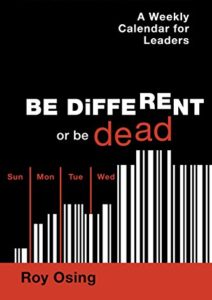
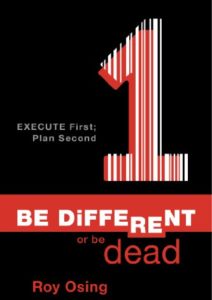
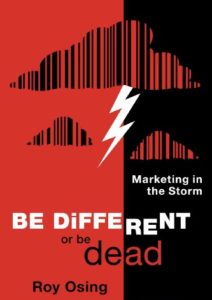
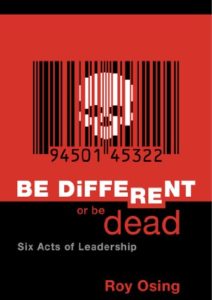
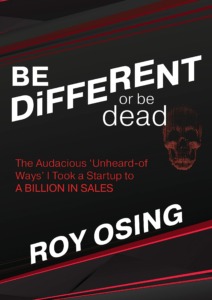
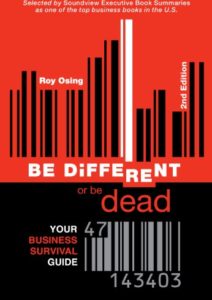









Comments